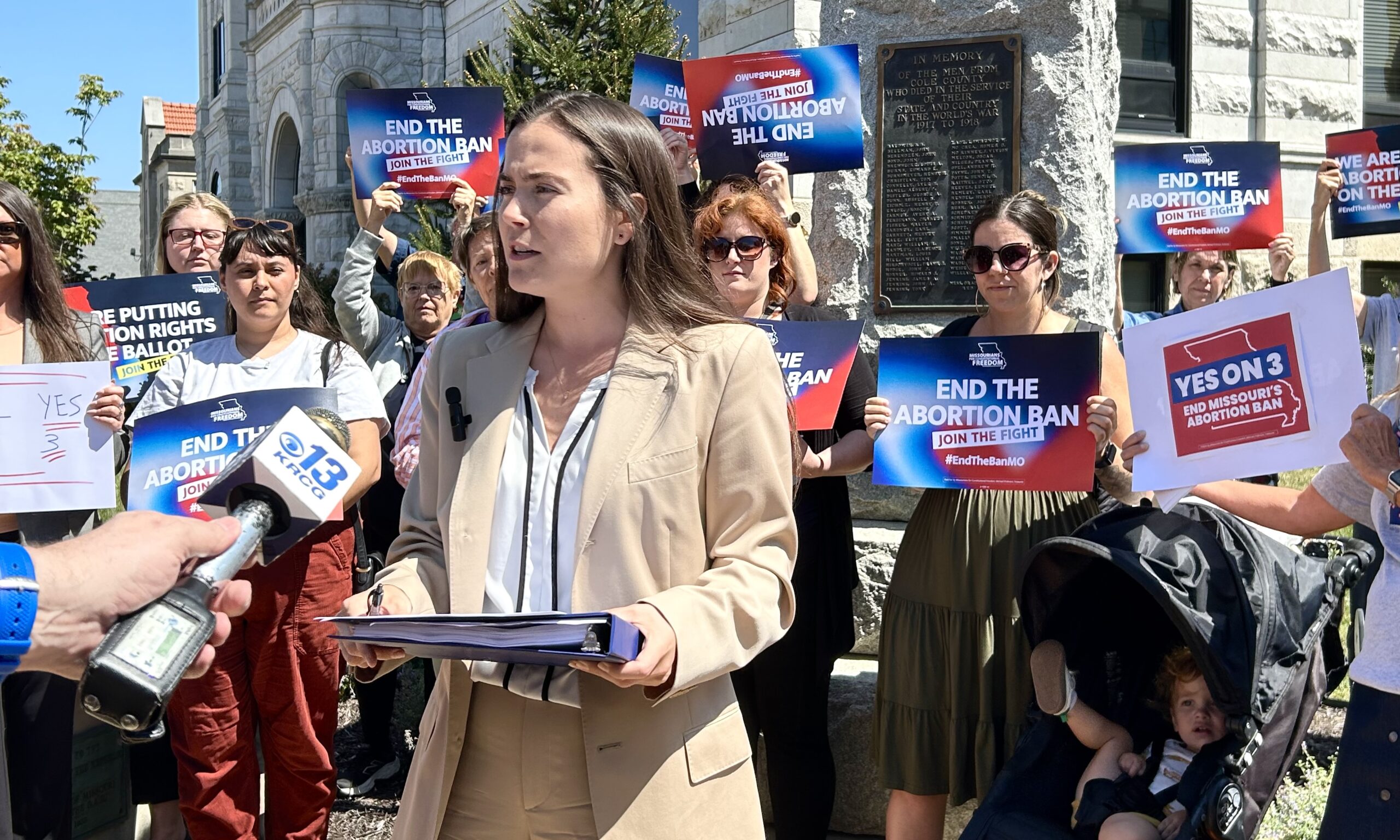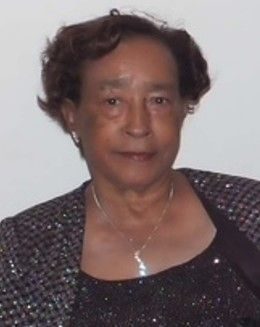Fate of Missouri abortion-rights amendment in hands of state Supreme Court

The Missouri Supreme Court will decide whether an abortion-rights will end up on the Nov. 5 ballot after a Cole County judge ruled the proposed amendment violated state law.
The case bypassed the court of appeals over the weekend and headed straight to the state’s highest court, which scheduled oral arguments for 8:30 a.m. Tuesday — the same day ballots are supposed to be printed for those voting absentee.
Sunday afternoon, attorneys representing the campaign behind the amendment, which would appear on the ballot as Amendment 3, filed an emergency motion asking the court to allow it to proceed to the ballot while the case plays out. Doing so, they argued, would “preserve the status quo and prevent irreparable harm to intervenors-appellants, election officials throughout the state and Missouri voters themselves.”
Amendment 3 would establish the constitutional right to an abortion up until fetal viability and grant constitutional protections to other reproductive health care, including in-vitro fertilization and birth control. It would also protect those who assist in an abortion from prosecution.
Abortion is illegal in Missouri, with limited exceptions for the life and health of the mother.
In late August, a group of anti-abortion lawmakers and activists sued Missouri Secretary of State Jay Ashcroft, accusing him of wrongly certifying the citizen-led ballot initiative for the Nov. 5 ballot nine days earlier.
Late Friday evening, Cole County Circuit Judge Christopher Limbaugh ruled in favor of the plaintiffs, saying the text of the initiative petition failed to list what existing laws would be repealed if it passed, as he said is required by state law.
He suggested the amendment be withheld from the ballot, but also left the door open for an appeal to a higher court, saying he recognized “the gravity of the unique issues involved in this case, and the lack of direct precedent on point.”
Limbaugh was appointed to the newly-created judicial position in the 19th circuit on Aug. 2 by Missouri Gov. Mike Parson, for whom he previously served as general counsel.
He was previously a potential candidate to replace Eric Schmitt as Missouri Attorney General after he was elected to the U.S. Senate. His father was a federal court judge and his cousin was the late Rush Limbaugh, a conservative radio host who was awarded the Presidential Medal of Freedom by former President Donald Trump.
Missourians for Constitutional Freedom, the campaign behind the amendment, quickly appealed his decision.
“Judges come from their own experience and background, and they’re not imperfect,” Emily Wales, president and CEO of Planned Parenthood Great Plains Votes, a member of the Missourians for Constitutional Freedom coalition, said Sunday, later adding: “What we’re asking is that the Supreme Court hold us to the same standard everyone else has had.”
Missouri law requires that initiative petitions “include all sections of existing law or of the constitution which would be repealed by the measure.”
Loretta Haggard, an attorney representing the campaign said during a hearingFriday that the amendment would not literally repeal the state’s current abortion law and take it off the books, but rather would create a new law that would supersede much of the existing one.
She said this is because not every element of the current law would be rendered moot: the two texts overlap in that both protect women who get abortions from prosecution and both restrict abortion after fetal viability, generally seen as the point at which a fetus can outside the womb, generally around 24 weeks pregnancy.
Anything else that falls under the scope of the amendment would be left to the judicial system to interpret, Haggard said.
During the trial, Mary Catherine Martin, an attorney with the Thomas More Society representing the plaintiffs, also argued the initiative petition illegally included more than one subject, pointing to language protecting “a person’s fundamental right to reproductive freedom” and saying such a phrase encompasses “infinite subjects.”

Haggard contended that the single subject was clear: “reproductive freedom.”
While Limbaugh ruled the initiative petition did not meet the sufficiency requirement through a “failure to include any statute or provision that will be repealed, especially when many of these statutes are apparent,” he did not address the single subject claims in his decision.
The plaintiffs — state Sen. Mary Elizabeth Coleman, state Rep. Hannah Kelly, anti-abortion activist Kathy Forck and shelter operator Marguerite Forrest — said in a statement Friday evening that the amendment’s scope is about more than just abortion and could be interpreted to also include gender-affirming care and human cloning, though neither are mentioned by name in the amendment.
“There is no way to know if the proponents of this radical amendment would have gathered enough signatures to place this on the ballot if the truth about the staggering scope of laws Amendment 3 invalidates had been disclosed,” they said in a statement.
Wales said the campaign behind Amendment 3 remains undeterred despite the ruling.
“We are right on the law. The history of how initiative petitions have worked in this state has meant that they’re able to vote on their rights,” Wales said. “The constitution creates a process for citizens to engage in democracy, not one that’s intended to trip them up or hinder them from participating in democracy. We think the court is going to see that.”
In May, the campaign turned in signatures from more than 380,000 Missourians across the state who supported the issue landing on the ballot. If Amendment 3 is ultimately voted on in November and wins by a simple majority, Missouri could be the first state to overturn an abortion ban by citizen-vote.
“These ballot initiatives just go through shenanigans, often at the eleventh hour, and what it does again every time is fire people up,” Wales said. “We expect to win, and we’re going to take all the energy and use it to galvanize folks to win in November.”
Miss Clipping Out Stories to Save for Later?
Click the Purchase Story button below to order a print of this story. We will print it for you on matte photo paper to keep forever.

